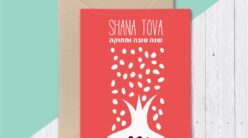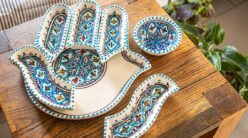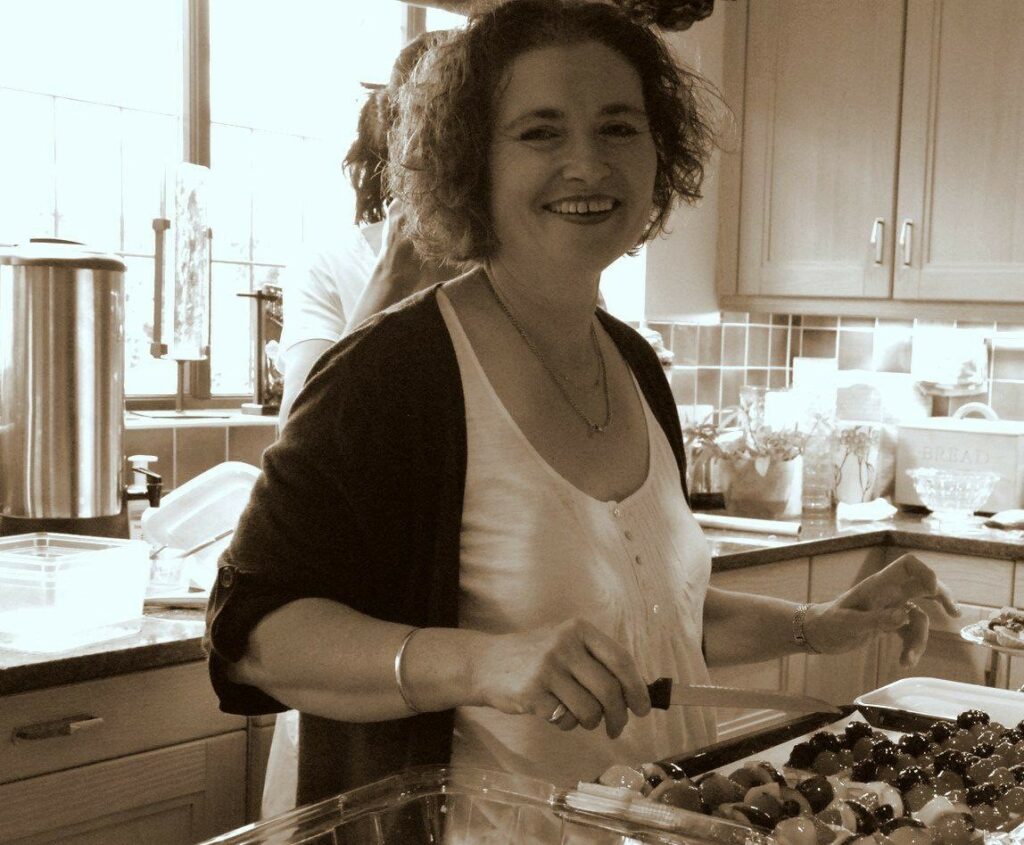
Inspired by having lived in Israel as a young woman and worked with the food of the lush north, I embarked on a foodie’s journey and with it the start of my company Truly Scrumptious Catering. A graduate of Leiths School of Food and Wine, I combined my knowledge of creating fresh, exciting ingredients with understanding the unique flavours of the Middle East, to produce delicious dishes for corporate events and private celebrations.Israel Good Food Guide followed, an attractive website showcasing the diversity and eclectic tastes and influences of Israeli food, through restaurant reviews and innovative recipes from chefs and home cooks of both Israel’s rural north and its vibrant cities. My meanderings and mouth-watering photographs were never far from trending on Twitter or Instagram feeds.I then qualified as a food writer with distinction from the College of Media and Publishing, which gave my immense enjoyment of food writing a boost and bring The Galilean Kitchen to life, oozing flavour and spice onto every page.
Tell us a little bit about yourself and your background.
I was brought up in North London in a traditional Jewish family and joined Dror, a Zionist youth movement at the age of 14. Merging with Habonim, my first experience of Israel was at the age of 16 on a 6-week Israel tour of the country.
Igniting my passion for Israel, I finished school and took a year out with my year group from Habonim/Dror before beginning a career in Nursing. We lived together on Kibbutz Amiad in the Galilee working, learning Ivrit and touring the country, learning about and experiencing its history and culture.
I returned to the UK and started Nursing, only to realise my love of Israel and my desire to return and live there. I returned to Amiad for 18 months, working in the kitchens, menu planning, ordering supplies and working with the volunteers and cooks, preparing and cooking all the meals for all the kibbutz as communal eating was part of its socialist ethos.
I came back to the UK and completed my nursing studies and worked in the NHS for 15 years before changing my career path to food. I retrained at Leiths School of Food & Wine and set up a catering company Truly Scrumptious Catering, which ran successfully for 15 years, before turning my hand to food writing and authoring The Galilean Kitchen.
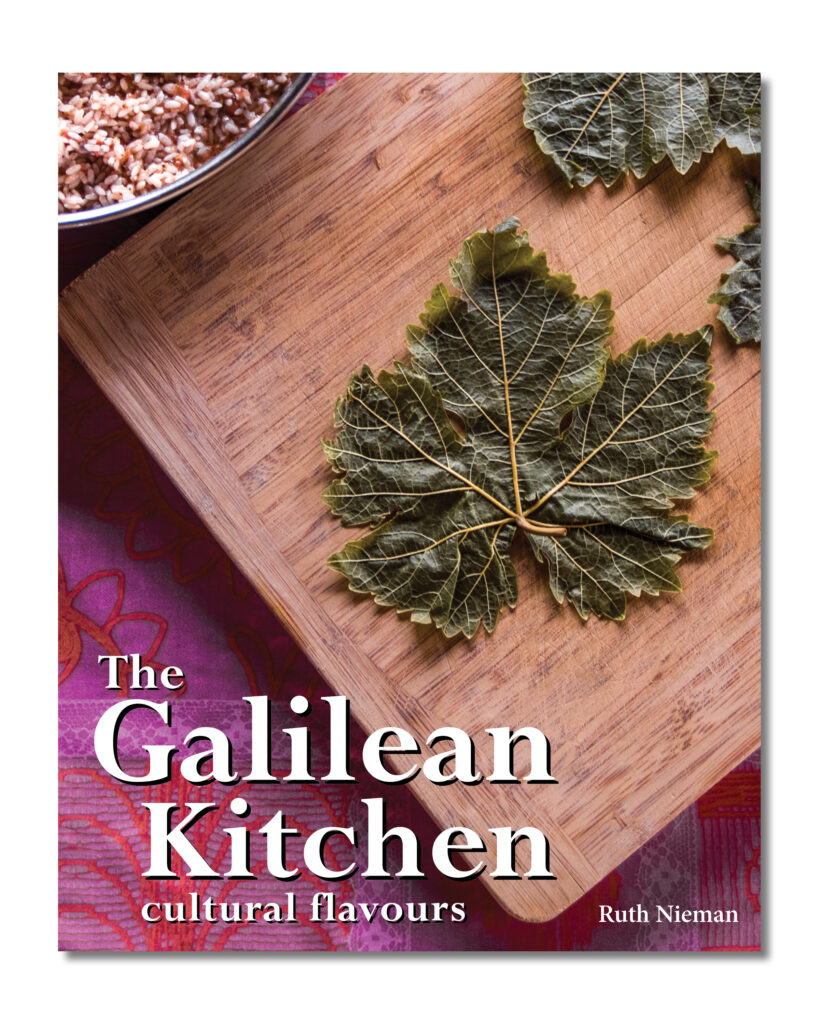
When did your passion for cooking begin?
My passion for cooking began at an early age, with my first clear memory of baking scones on a Saturday night with our babysitter when my parents went out. Instead of putting me and my younger sister to bed, we got out the flour, butter and all the ingredients to bake and got going on a batch for my parent’s homecoming. The sweet smell of freshly baked scones was so forgiving, we were never told off for not being in bed….
What inspired you to write The Galilean Kitchen?
On an annual jaunt back to the Galilee, I participated in a Culinary Workshop in the home of a delightful Muslim woman called Nawal, I the village of Arrabeh, who introduced me to the traditional dishes and local ingredients that she uses daily to cook for her family. The opportunity to experience and taste the authentic food of the Arabic cultures of rural Galilee was presented to me having just finished a Diploma in Food Journalism and combining my two passions in life food and Israel, the journey of writing my debut cookbook begun.
How long did it take you to write your cookbook?
From writing the first word to date of publication, took 18 months and in that time I returned to Israel 5 times for 10-12 days at a time to research, cook, recipe test and photograph, before returning to the UK to write, design, edit, print and publish.
What did you enjoy most about writing your cookbook?
Meeting the women from the different Arabic communities, talking to them about their passion for cooking, their culinary culture and their recipes for traditional Arabic dishes that have been passed down through the generations and that they are now teaching to their daughters & granddaughters, and of course eating their delicious food!Experiencing such hospitality and warmth from these women was very humbling as well as learning about the ingredients, spices, influences and ancient processes that makes Galilean food what it is today.
There are many recipes in your book, which one is your favourite?
My favourite recipe is ‘Saada’s Awaja’ pg 179, because most of the book is savoury and these sweet biscuits are just simply delicious. I also adore dates and together with the fragrant spices of cinnamon and Mahlab (the ground stone of the St Lucie cherry that gives a hint of almond and vanilla) this biscuit is just perfect with a cup of coffee. It has been likened to a fig roll or a Galilean mince pie and I love the flavours of both of those too!!
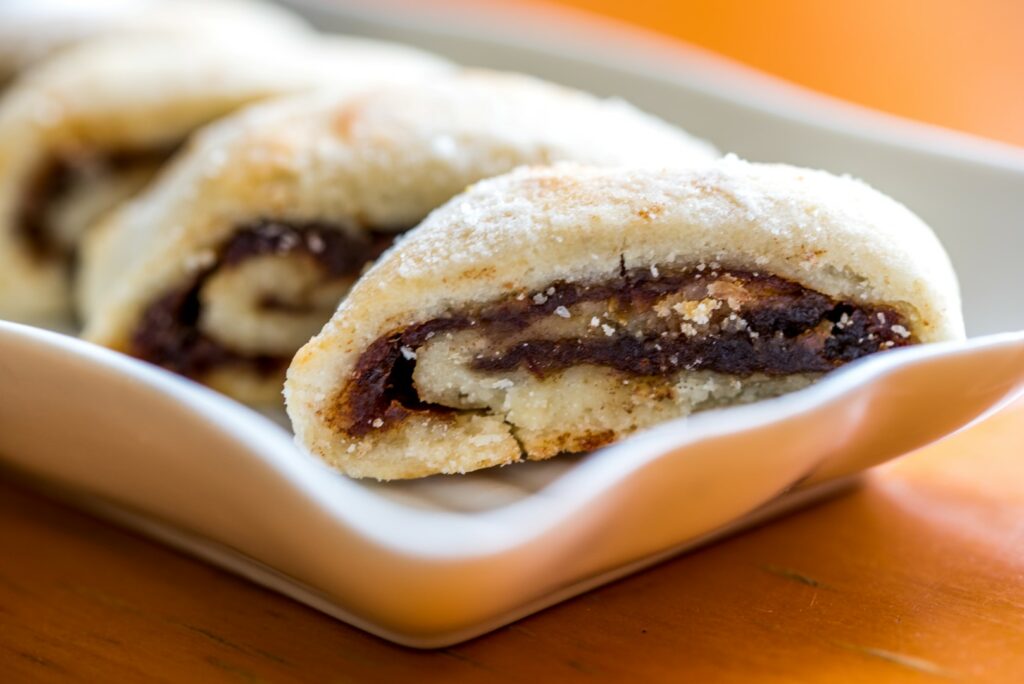
How did you decide which recipes to include?
I decided to use all the recipes that I had chosen to cook with all the women involved, including those that I knew were specific to their region and culture of their communities, but also those recipes that they wanted to share and cook with me. For example, aubergines in many varieties are used widely in Arabic cooking and I specifically wanted to cook Badhnjam, a traditional aubergine salad (pg 135), whilst there, we made a Tabal aubergine with tahina (pg 137) to show its versatility and so it was incorporated into the book.
Are there any ingredients you are particularly excited about?
Akub is a wild thistle and a seasonal delicacy that is highly sought after in its short season. It is a cross between asparagus and an artichoke and quite delicious to eat and there are two recipes in the book showing different ways of cooking with it. You are unable to get hold of Akub in the UK as it grown wild in the hills of the Golan Heights, but these recipes both work well with asparagus spears or artichokes hearts.
Which dish would you recommend to someone who has never tried Middle Eastern cuisine before?
I would recommend trying Sinye to someone who has not cooked Galilean cuisine before. It is a simple, rustic family dish of meat patties/kebabs made with onion, lots of herbs and baharat (a fragrant spice blend of this region made up of cinnamon, nutmeg, cloves, marjoram and black pepper) and cooked in tahina. Some cooks add pinenuts to the dish, some add fried potatoes on the top, but however it is cooked and there are a few recipes in the book for it, it is enjoyed by all the family and very easy to make.
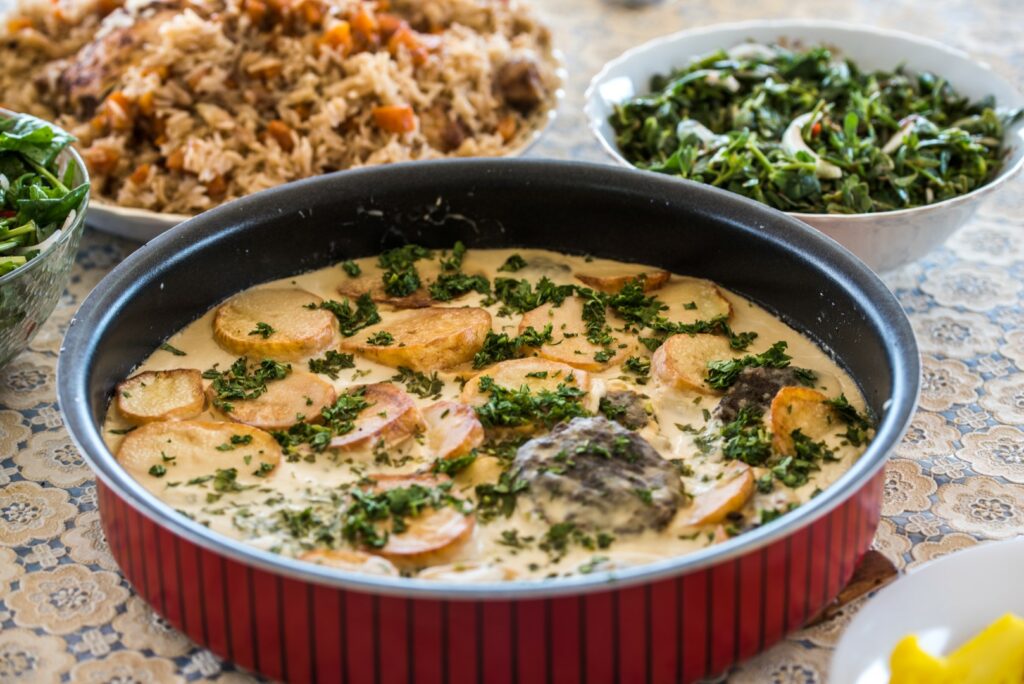
Where can we find your cookbook?
The Galilean Kitchen is available to buy in Waterstones and most independent bookshops in the UK. If not in stock on their shelves, it can be ordered in within 1-2 days.
It is also available to buy on Facebook.
My website.
In Israel: Steimatskys
The Galilean Kitchen is also on:




